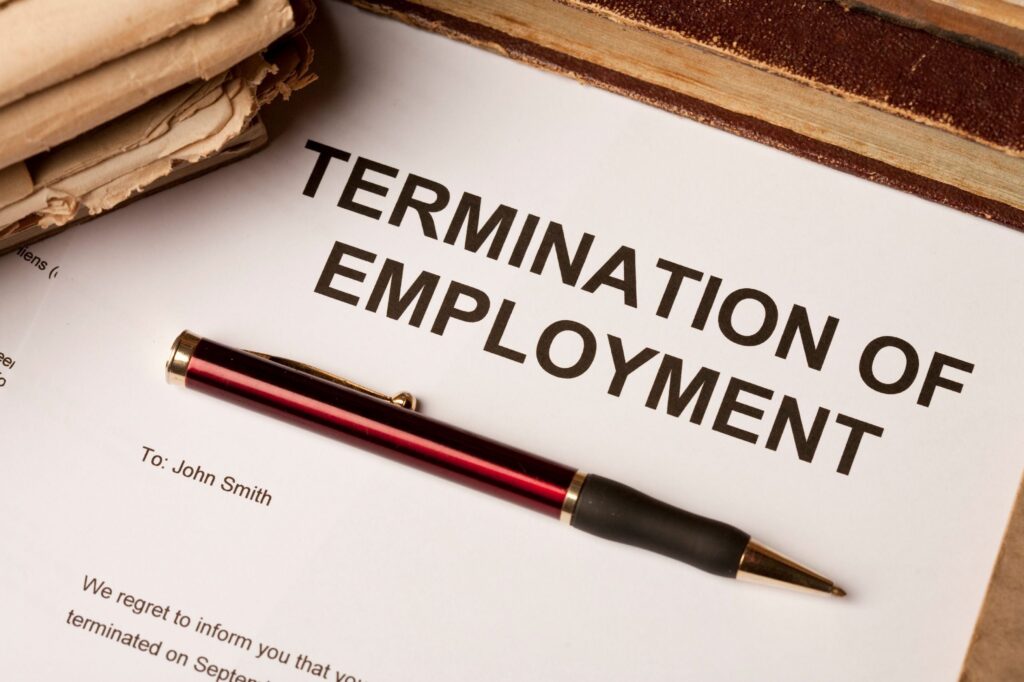Over the past several weeks, employees who worked remotely for the past year or more have been making their way back to the workplace.
For some, this isn’t an easy change to make. Employers need to be mindful that employees may have concerns about returning to work and these need to be addressed.
Below, we outline factors to consider when bringing employees back to the workplace.
Return-to-work plan
Businesses should have had a return-to-work plan in place before bringing employees back to work. The plan should be proportionate and be compliant with health & safety legislation to protect anyone entering the workplace. Compliance with employment equality acts, to ensure the plan is non-discriminatory, is also crucial.
The plan should aim to address employee concerns around returning to the workplace. It should detail information regarding, but not limited to, the below:
- Precautionary/safety measures: What COVID-19 precautionary/safety measures have been put in place (implementation of hand sanitising stations, mandatory wearing of masks, automatic door systems)?
- Phased approach: Will there be a phased return? How will this be implemented?
- Seating plan: What will the distance be between each employee?
- Facilities: Will there be more rest break and toilet facilities to ensure greater social distancing?
Ensuring the health & safety of all stakeholders should be your top priority and given due consideration when drafting a return-to-work plan.
Article: “Should I allow staff to work remotely?”
Adopting a hybrid working model
COVID-19 has changed the way in which we work, normalising, to some extent, remote work. Employees are eager to gain that social aspect of office-based work environments, whilst also wanting to maintain a good work-life balance. As a result, businesses have started to introduce new work from home options such as the hybrid working model.
Adopting a hybrid model benefits both you and your employees. Providing employees with the choice of working between the office and home can increase their feelings of fulfilment and in turn, their productivity and commitment. For you, the benefit is a happier and more engaged workforce, increased productivity rates and a decrease in turnover. In turn, you save on the associated costs of recruitment fees, knowledge transfer, etc.
Communication
Keeping employees informed on any plans to return to work is crucial and will assist in ensuring a smooth transition. Some employees will feel anxious about returning, especially if they haven’t been informed on when this might be. Being transparent with employees and keeping them up to date on such discussions will help ease their concerns. It also provides them with time to mentally, and emotionally, prepare for the transition.
On the other hand, you may find that many of your employees are keen to return. If so, a plan for a phased return and the adoption of a hybrid model should be communicated to them in advance. Any changes to work arrangements should also be outlined extensively in your return-to-work plan.
Need help with your HR issues?
For instant advice on any HR issue, speak to one of our expert consultants now on 01 886 0350 or request a callback here.








